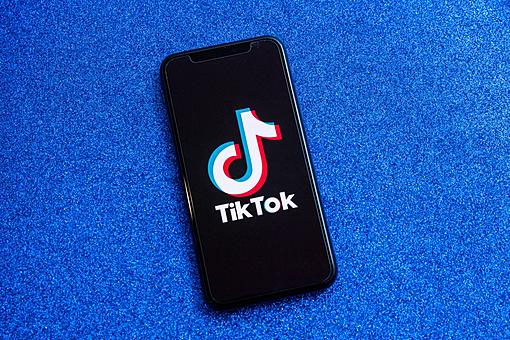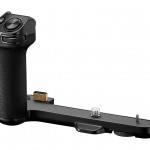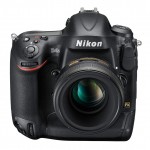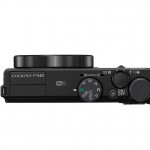Deja Vu challenges are fun and playable until they change your image.TikTok has generated a number of trends, from comedy to inspirational to entertainment. But some of the frenzy coming out of short-form video apps is nothing more than for people to brag or feel insecure about their appearance. Use the filter upside down TikTok's inverted filters, which flip your camera's image to show you how others view you, aren't new. Some of the more popular videos used filters date back months, but have recently grown in popularity as part of the so-called "Deja Vu challenge" in which users sync videos created with filters.
Go to a clip from the ทดลองเล่น xo song of the same name by Olivia Rodrigo, a video of people seeing if their faces are symmetrical. (It appears to be the standard of beauty we should wish for.) It has been viewed millions of times, with some users praising their appearance and others crying with real tears in shock.A lovely privilege can do this trend without shedding tears," one girl wrote in a video about trying a filter. "The fact that ppl really saw me," the caption reads.
Filter back on TikTok seriously damaged my conviction. One tweet reads.I called my dentist 13 years later to tell her I was ready for jaw surgery after accidentally applying the TikTok inverted filter," another tweeted.While some people are enjoying the effect the upside-down filter has on them. But it also highlights the chaotic reality of social media. Often times, users of platforms such as TikTok and Instagram describe feeling inadequate or upholding unrealistic standards when comparing themselves to other images in the project and to the standards set by the way we use these platforms.
On Facebook's Instagram there are many photo and picture filters. It seems that everyone is continually competing to post flattering pictures and find out among the most liked and commented comments on TikTok. Flawless makeup But you'll still see trends that make people feel like they're not good enough, such as the popular "side profile challenge" late last year. The trend has made people examine whether the sides of the face fit the contours of conventionally attractive things. (Ie, are their noses "in proportion" to the rest of their faces?) I don't even know if people were struggling for this standard of beauty before I stumbled upon this trend.




 LinkBack URL
LinkBack URL About LinkBacks
About LinkBacks

 Reply With Quote
Reply With Quote








